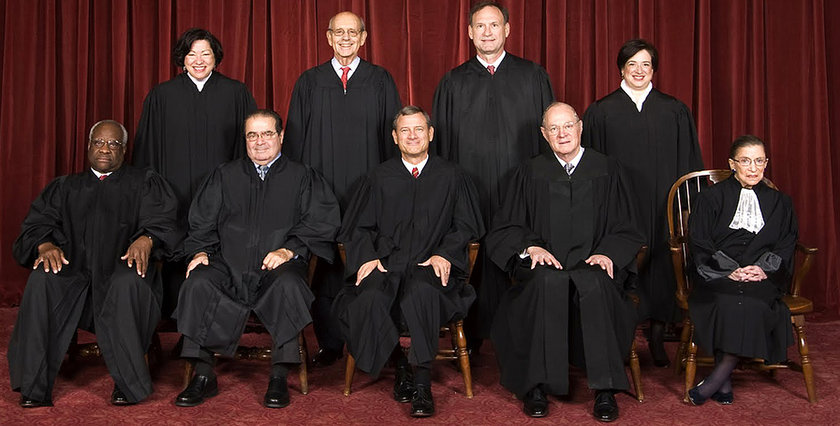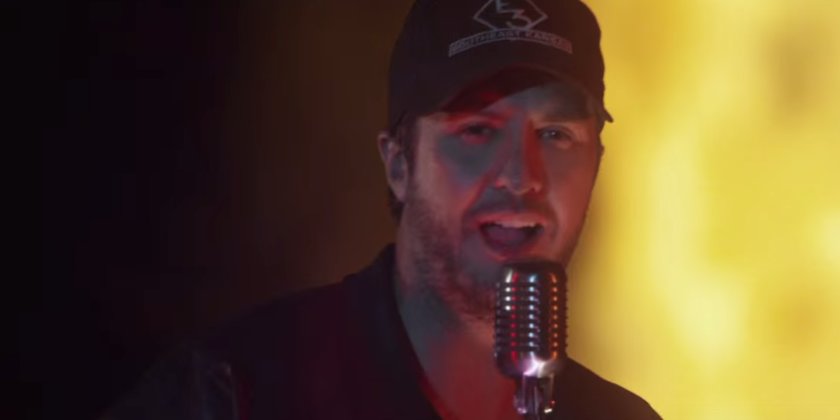
The Daily Beast, POLITICO, PolicyMic, USA Today, Huffington Post, New York Times, NPR, Slate, Washington Spectator, Washington Times, Business Insider, Roll Call, The New Yorker, The LA Times, Associated Press, ABC News and The Nation…
Conduct an internet search for “Shaun McCutcheon” and stories by each of those media outlets will appear in the first few pages of the results.
McCutcheon is an electrical engineer and CEO of Coalmont Electrical Development Company based in McCalla, Ala., and thanks to a case baring his name currently pending before the United States Supreme Court, he’s become an unlikely rockstar on the national political scene.
Here’s some background from a Yellowhammer article published in September of last year:
In the 2008 Supreme Court case Citizens United v. FEC, the Court ruled that the First Amendment prohibits restrictions on independent political expenditures by corporations, associations, or labor unions. The ruling ushered in the current campaign environment in which Super PACs and non-profit entities spend incredible amounts of money to influence elections.
Five years later, a new case, McCutcheon v. FEC, is on track to supplant Citizens United as the most significant U.S. election law decision in modern history.
Donors are currently subject to limits on the amount of money they can contribute to candidates. $2,600 is the most a donor can give to any one candidate. That’s called the “base limit.” This number is the amount of money the Federal Election Commission believes protects donors’ First Amendment right to engage in the political process, while remaining below the threshold at which a donor could “buy” too much influence with a candidate or elected official.
But on top of the base limit, there is also a cap on the total sum of money a donor can donate to federal campaigns in general. It’s called the “aggregate limit,” and it’s set at $123,200.
In other words, if a donor wanted to give the $2,600 maximum donation to all 253 Democrats in Congress, she wouldn’t be allowed to because, even though no single candidate would receive over $2,600, the total amount donated ($657,800) would far exceed the aggregate limit.
Shaun McCutcheon, a Birmingham-area businessman and conservative activist, doesn’t think that’s right, and he’s taking his case all the way to the United States Supreme Court.
The “McCutcheon” name is now spoken by individuals on the political left with a disdain previously reserved for conservative mega-donors like the Koch brothers, the billionaire champions of the free market whose influence has spread to the point that Democrat Senate Majority Leader Harry Reid recently criticized them on the floor of the US Senate.
McCutcheonWatch.org is entirely devoted to bashing McCutcheon and his case. Sound familiar? Yea, KochWatch.org is a thing, too.
But McCutcheon is completely undeterred, marching forward as the First Amendment’s happy warrior.
Over the weekend, National Journal elevated his profile even higher with a piece titled, “How a Supreme Court Case Made an Alabama Businessman Famous.”
Here are a few key excerpts from the article, which you can read in full here:
— Fame —
Since the Court heard oral arguments in October, McCutcheon is experiencing a kind of political fame, posing for photos with fans at CPAC, penning editorials in Beltway publications, getting to know Republican National Committee Chairman Reince Priebus, and mixing with reporters.
— Unhappy Progressives —
Not surprisingly, Democrats object to the GOP argument, saying that large donors can influence campaigns, and this influence can lead to corruption or the appearance of corruption.
“If Mr. McCutcheon prevails it will of course further warp the incentive structure for elected officials who are now forced to solicit these contributions,” said Josh Orton, political director of Progressives United, a federal PAC started by former Sen. Russ Feingold of Wisconsin.
— The big dogs weigh in —
The case has a gravitational force of its own. It has attracted amicus briefs from Senate Minority Leader Mitch McConnell; the House and Senate GOP campaign arms; and Democratic House members. The ranking members of the House Budget Committee and Homeland Security Appropriations Subcommittee—Chris Van Hollen of Maryland and David Price of North Carolina, respectively—also submitted a joint brief, separately from the their Democratic colleagues.
— McCutcheon quotes —
• “I’ll come home, and there will be a message on my answering machine from Nina Totenberg—like she’s my best friend.”
• “Free speech is just trying to spread ideas, giving people more information, creating competition, and competition in elections is only gonna be a good thing.”
• “I think the First Amendment certainly outweighs the government telling us how we are going to elect the government.”
• Asked whether he’ll seek a suit to end individual limits on campaign donations: “I think the chances an individual could do two Supreme Court cases in a lifetime … ” he said, but shifted gears mid-sentence. “I need some time off.”
Yellowhammer interview McCutcheon late last year, during which he said he’s on a mission to “change the world.” You can read that article HERE.
Follow Cliff on Twitter @Cliff_Sims










